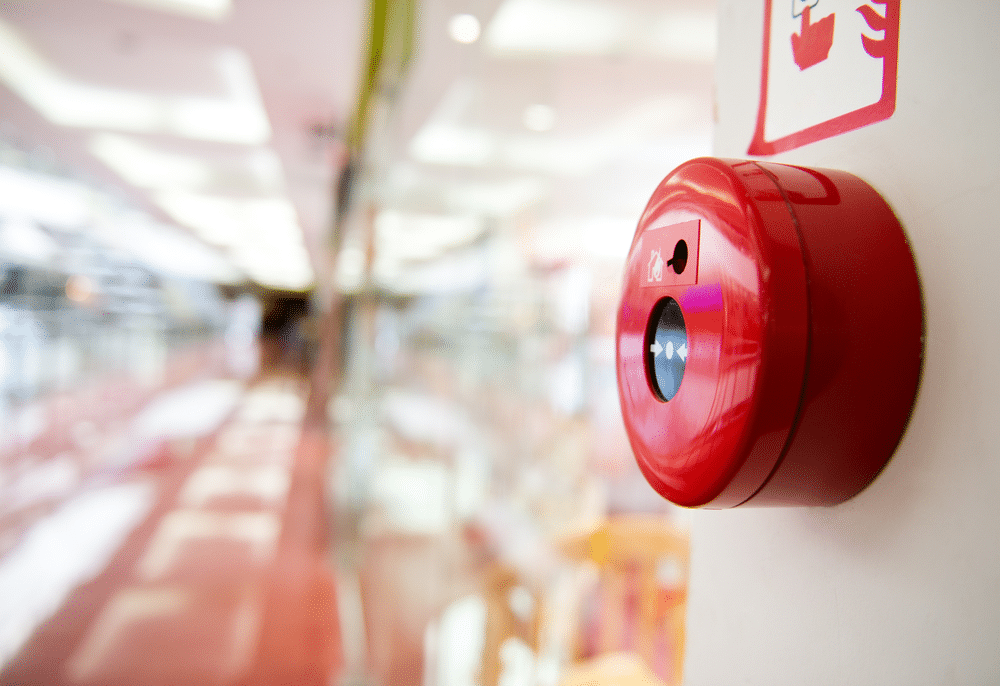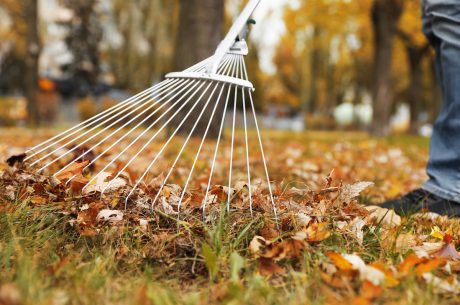During a home fire, it’s important to know how to act and get out of the house immediately. However, most children don’t have the necessary skills and knowledge to escape a fire safely. Thus, it’s essential to teach them fire safety and practice fire drills with them from a young age. Here’s what families with children need to learn in advance about fire safety and emergency evacuation:
Making a Fire Escape Plan
- Everyone in the household should participate. Locate all possible exits and escape routes and draw a floor plan of your home with the locations of smoke alarms.
- If possible, establish two exits for each room. Make sure the escape routes are clear, and you can easily open the windows.
- Windows and doors with security bars should have emergency release devices to open them quickly during a disaster.
- Assign a responsible person to help children, older people, and people with disabilities to escape the fire.
- Choose an outside meeting place for all household members to go after escaping the house, such as a mailbox or stop sign. Decide where you would go from there – a neighbor’s house, a motel, etc.
- Introduce kids to fire safety children’s books. They are designed to explain basic fire safety concepts to children in a non-threatening way.
What to do when a Fire Breaks Out:
- If smoke is coming through the cracks of the door, do not open the door. If smoke isn’t coming through, touch the door and doorknob with the back of your palm to check if it’s hot. If it is, stay in the room and seal the door and air vents with sheets or duct tape to prevent smoke from entering.
- If you can’t escape through the window, call 911 or open a window and yell for help. Wave a bright piece of cloth so that the firefighters can spot you. Explain to children to never hide under the bed or in the closet to make it easier for firefighters to find them.
- In case it’s safe to open the door during a fire (smoke isn’t entering through the cracks and the door is cool), open it and check if the way out is safe. If a burst of heat and smoke pours into the room, stay in the room and close the door. Otherwise, get out of the room and follow the safest escape route. Stay as low as possible and find the nearest exit. Close the doors behind you to prevent fire from spreading.
- If your clothes catch fire, remember to “Stop, Drop and Roll” to put out the flames. Cover your face with your hands while doing so.
- Once you get out, stay out! Never go back into a burning building under any circumstances.
Practicing the Fire Drill
- Practice what you learned twice a year with the whole family. Make the fire drill as realistic as possible, and practice exiting through all escape routes.
- At the start of a fire drill, activate the smoke alarm, and make sure kids know they should evacuate the home when they hear this sound.
- Rehearse during the day until children have mastered the evacuation procedures. Ensure children know they should stay in the room if there’s heat and smoke beyond the door. Pretend there’s smoke, and practice going under it and reaching the safest exit as quickly as possible.
- If your home has two stories, everyone in the family must be able to escape from the second floor, too. Place escape ladders in or near windows for additional escape routes. Practice escaping through the ladders at every window.
- Practice at night, too, but tell children you will be performing a fire drill before they go to bed. Most kids sleep very deeply, so the sound of the smoke alarms might not wake them up. Make sure someone is assigned to wake up children at night in case of a fire.
- To ensure you and your family are getting better at escaping a fire, try to get out of the house in under 3 minutes during your fire drill. Include extra challenges, so you will know how to escape the fire in more difficult situations.
Learn more about how a home fire spreads from a single room to the whole house in this article. For professional fire, water, and mold restoration services, contact your local PuroClean office.




